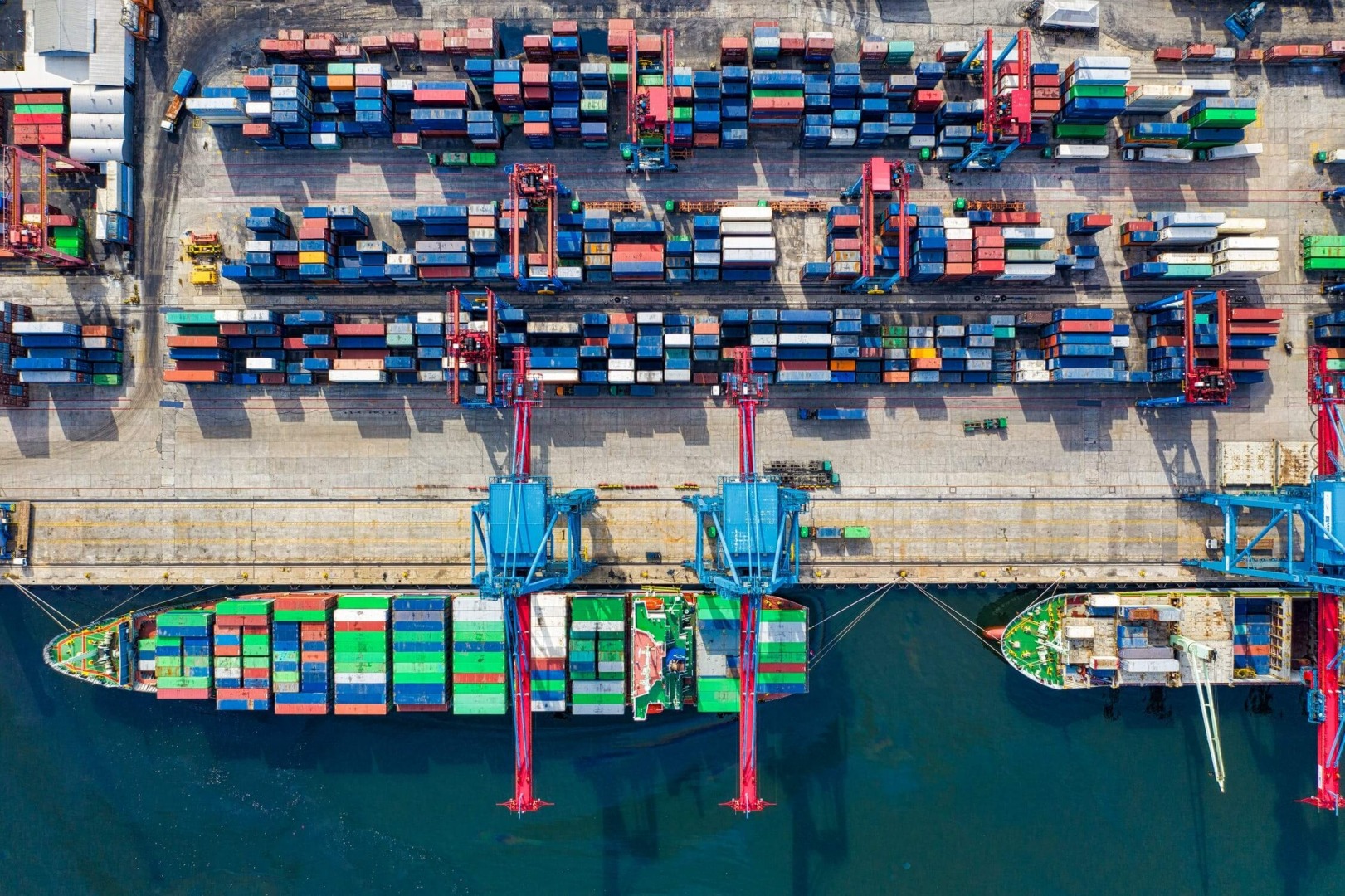Comments
- No comments found

IoT, AI, wearables, blockchain & RPA are providing seamless and hassle-free management of supply chain flows while cutting down operating costs.
Right from product development to its sale, organizations have to pay special attention to streamlining the internal activities for creating an impact on the organization’s bottom line. For offering expeditious service to customers and to gain competitive advantage in the market, in this fast-paced digital world, companies should revise their supply chain activities and services with a focus on appropriate business strategies and state-of-the-art technologies. Technologies will enhance the speed, dynamics, and resilience of internal, as well as, external supply chain operations, which will, in turn, strengthen customer relationships, leading to increased revenue flow.
Let’s see some key supply chain technological trends, which will soon redefine the current practices, thereby helping companies experience operational efficiencies, market valuation, and financial growth.
In the supply chain and logistics space, IoT acts as a highly revolutionary technological solution, providing great earning opportunities, high-level transparency, and streamlined processes.
Right from the point of manufacturing to the point of consumption, IoT sensors gives a clear picture of how the product is being treated on its journey to the store or customer. This way, companies can get a tight hold of the product flow, which will ultimately allow speedy deliveries, thereby enhancing customer experience.
Wearables present a great opportunity to transform the business aspect of the supply chain and logistics industry. Inevitable product downtime causes huge revenue loss to organizations playing in the segment of logistics and supply chain. To avoid such a situation, product inspectors have to keep track of the product on a daily basis. Today, we have technologies helping us mitigate or prevent this issue. Better inspection of goods is now possible with immersive technologies. Product inspectors can wear AR glasses, walk around the factory and check for any technical fault. The maintenance team can then take concrete and proactive steps if any glitch is detected.
AI brings in huge potential in the supply chain space, right from anticipating orders to helping in the transportation of products. In 2016, 47% of supply chain professionals believed “that AI is disruptive and important with respect to supply chain strategies.”
Chatbots, one of the most incredible applications of AI, has already found its home in various B2B areas. But here in the supply chain space, chatbots have great potential to disrupt B2B functionalities too. Chatbots can accurately handle all the paperwork. Without getting tired or bored, chatbots can work 24*7 with high-level accuracy, efficiency, and speed. Right from taking all the cold calls to tracking the order details to taking care of invoices and transactions, chatbots can play the role of assistants precisely.
Autonomous cars, another great application of AI, are soon going to hit the roads. With these cars going mainstream, we will see supply chain professionals using self-driving cars for the transportation of goods, which will require no human inputs. No human intervention means fewer errors, reduced accident rates, and lesser delivery issues. Timely deliveries will prominently enhance customer experience. Big players like Rolls Royce and Google have already partnered to develop autonomous ships that are expected to sail in the near future.
Blockchain and the supply chain industry make a ‘power couple’. High-level traceability with minimal involvement of middlemen is an important need of the supply chain industry. And blockchain helps companies achieve this need.
As soon as we place an order for a product, we await its arrival. We check the shipment details every now and then. With blockchain, we can track the status of the product in real-time. We can retrieve the exact location of our package. Blockchain allows supply chain professionals and courier companies to update a blockchain ledger in real-time, which helps customers to track their products by themselves. The reasons for delay can also be recorded on blockchain, which helps customers to have better visibility on why a product is arriving late.
Smart contracts, one of the applications of blockchain, have built-in automation, which makes a lot of sense for transaction and payment management. With the help of smart contracts, sellers can payments to the middlemen when the product reaches the factory. There will be no need for a separate team to work on raising invoices and carrying out transactions.
RPA, software robots backed with high-level ML capabilities and cognitive potential, opens up a host of opportunities for the supply chain industry. RPA replaces all the manual, labor-intensive, time-consuming, error-prone business operations while allowing employees to focus on high-quality jobs. In our case, RPA helps the supply chain companies to automate their back office activities, optimize their productivity, and facilitate smooth movement of goods. Let’s list down a few activities that can easily be handled by RPA in the supply chain scenario:
Irrespective of the movement of goods via any medium of transportation, the supply chain and logistics industry has a plethora of beneficial and exciting opportunities offered by new-age technologies to fit into the rapidly changing market circumstances and fulfill the heightened customer expectations. But before companies leverage these trending technologies, they should primarily analyze which technology will best fit their business needs, identify specific requirements for technology adoption, identify relevant solutions to fill in the missing gaps, and then adopt supply chain technological trends to profit immensely.
Naveen is the Founder and CEO of Allerin, a software solutions provider that delivers innovative and agile solutions that enable to automate, inspire and impress. He is a seasoned professional with more than 20 years of experience, with extensive experience in customizing open source products for cost optimizations of large scale IT deployment. He is currently working on Internet of Things solutions with Big Data Analytics. Naveen completed his programming qualifications in various Indian institutes.
Leave your comments
Post comment as a guest